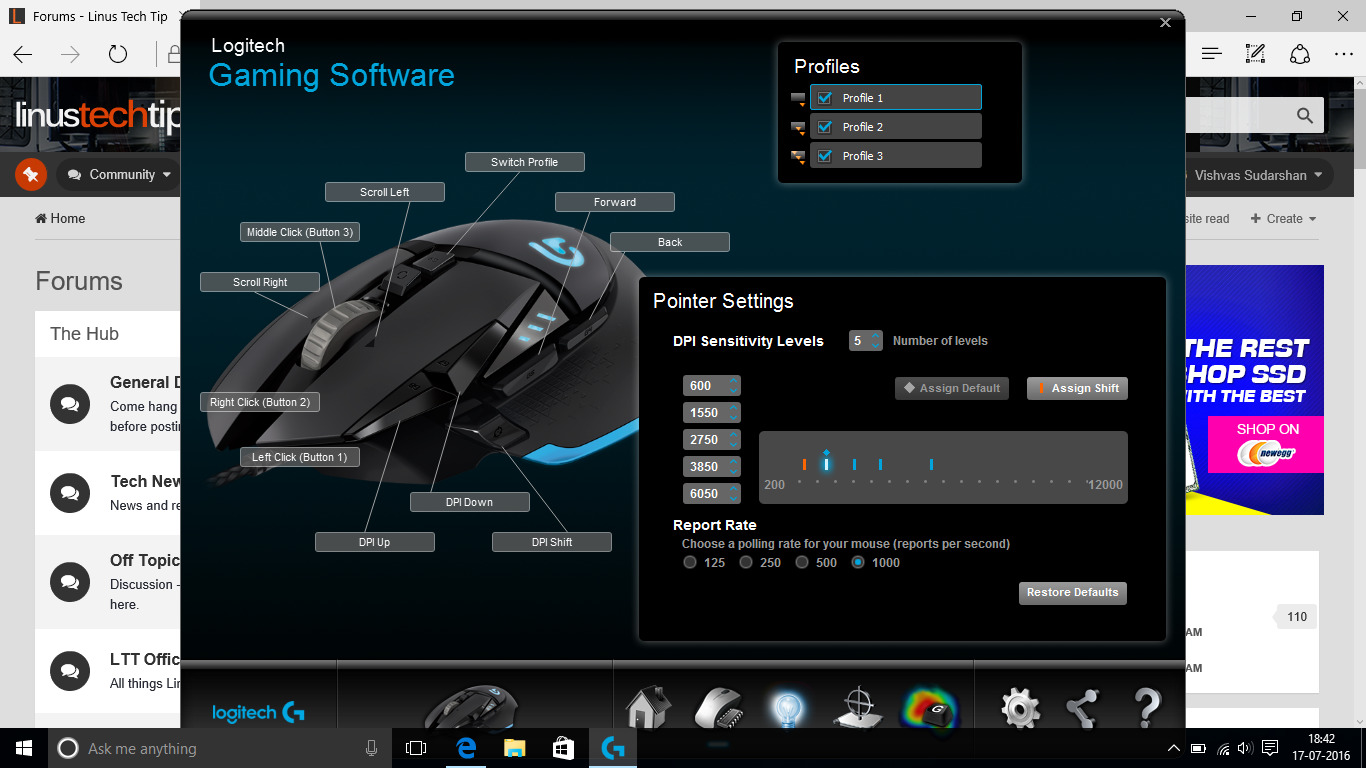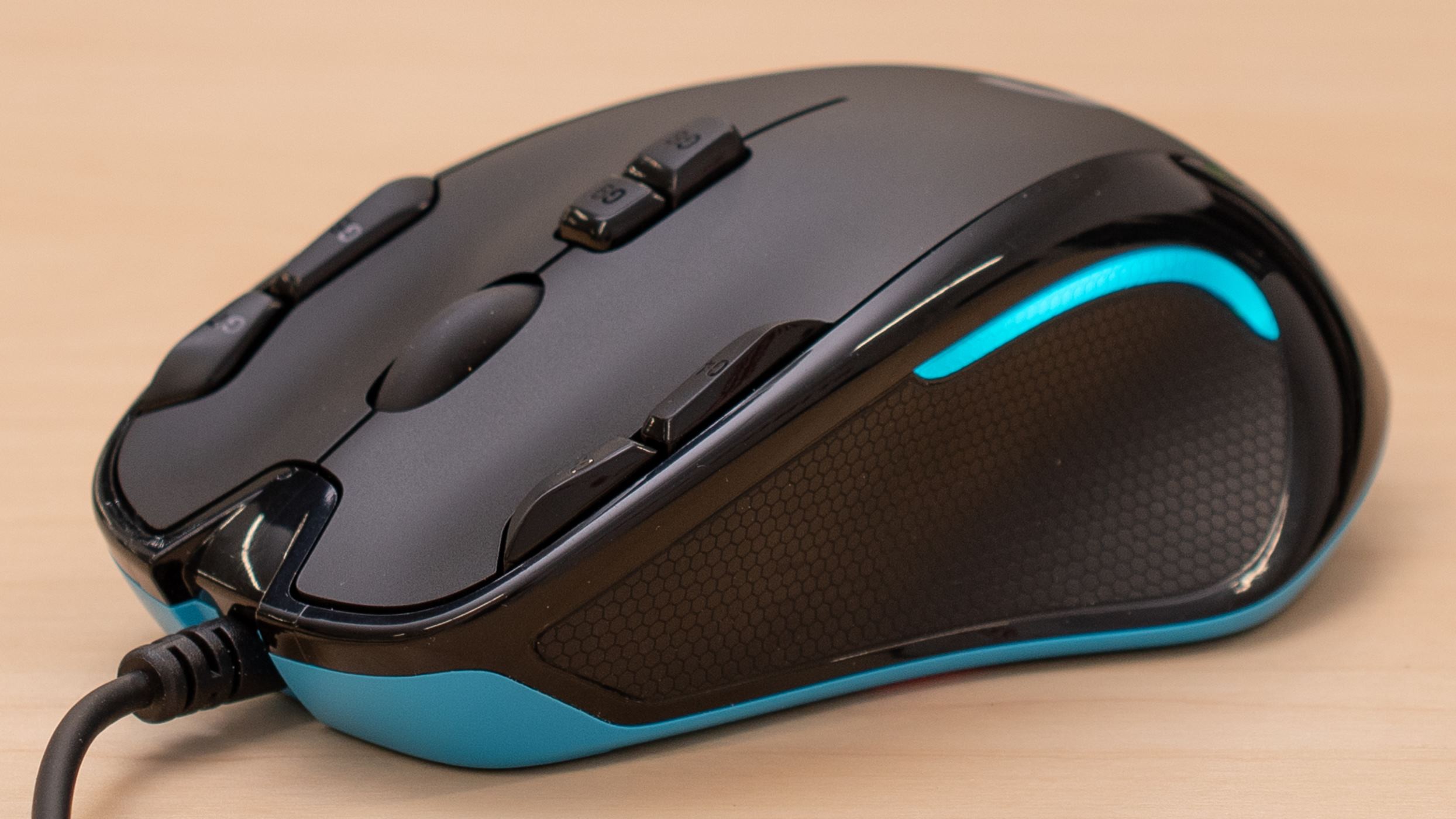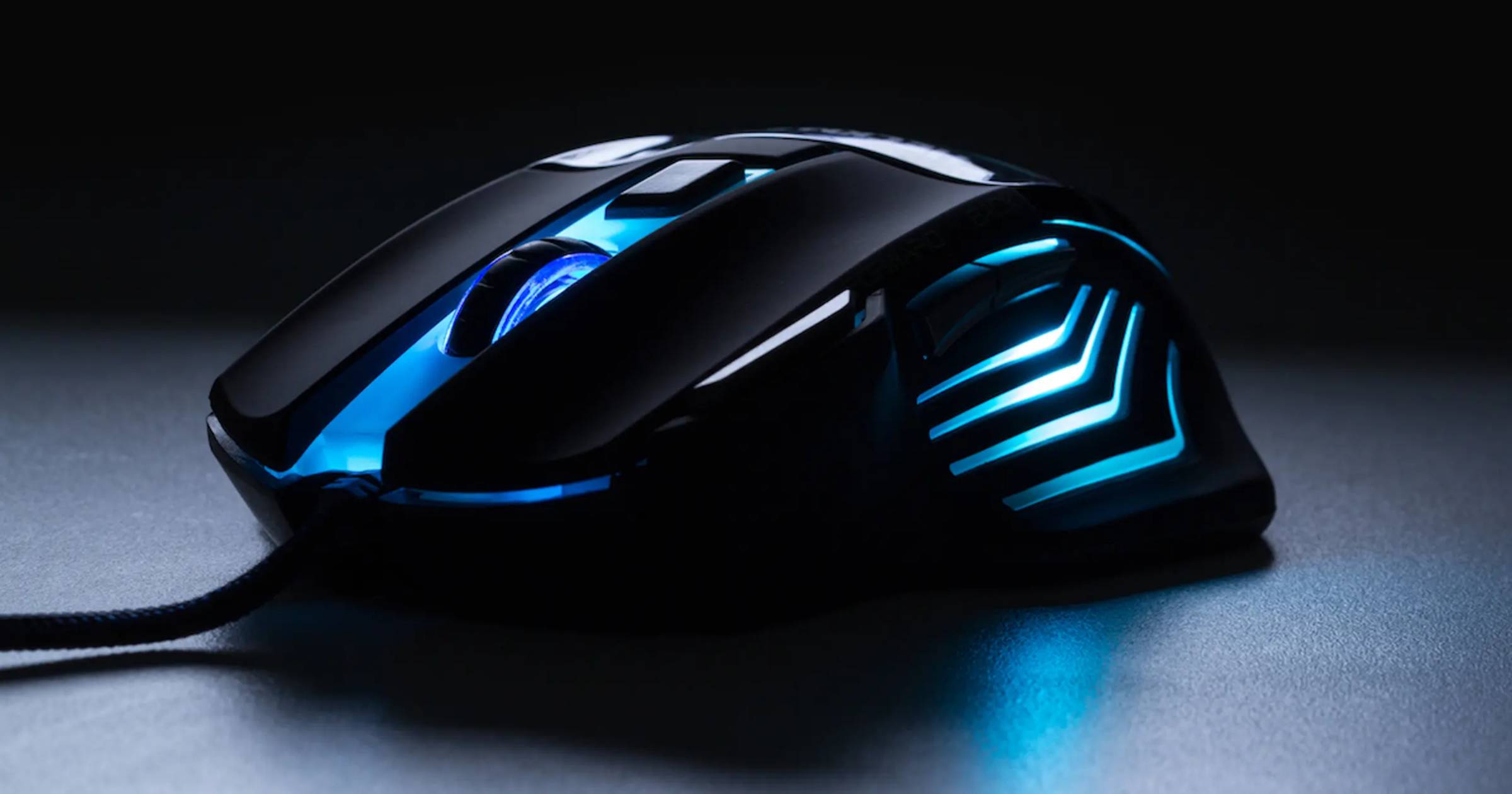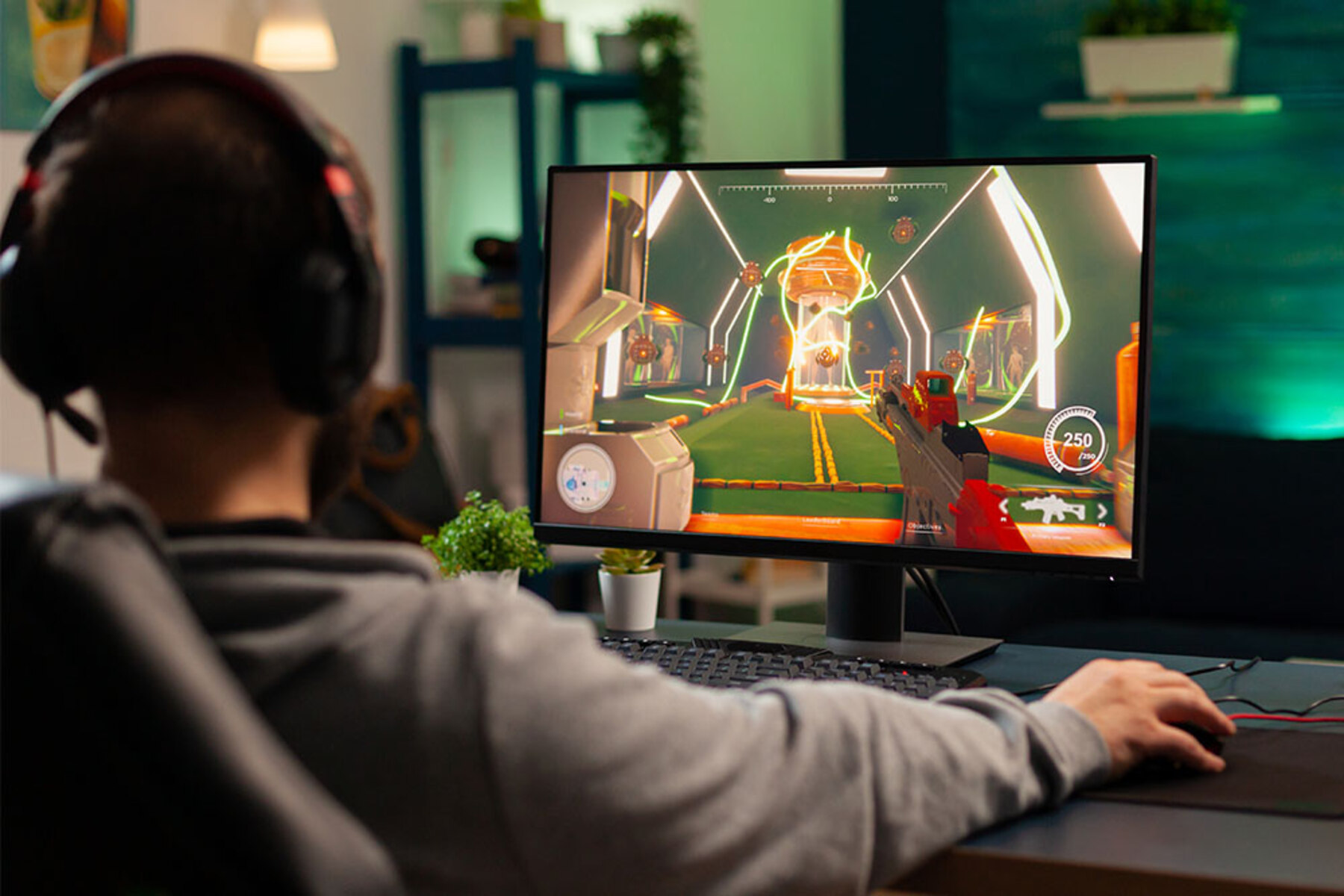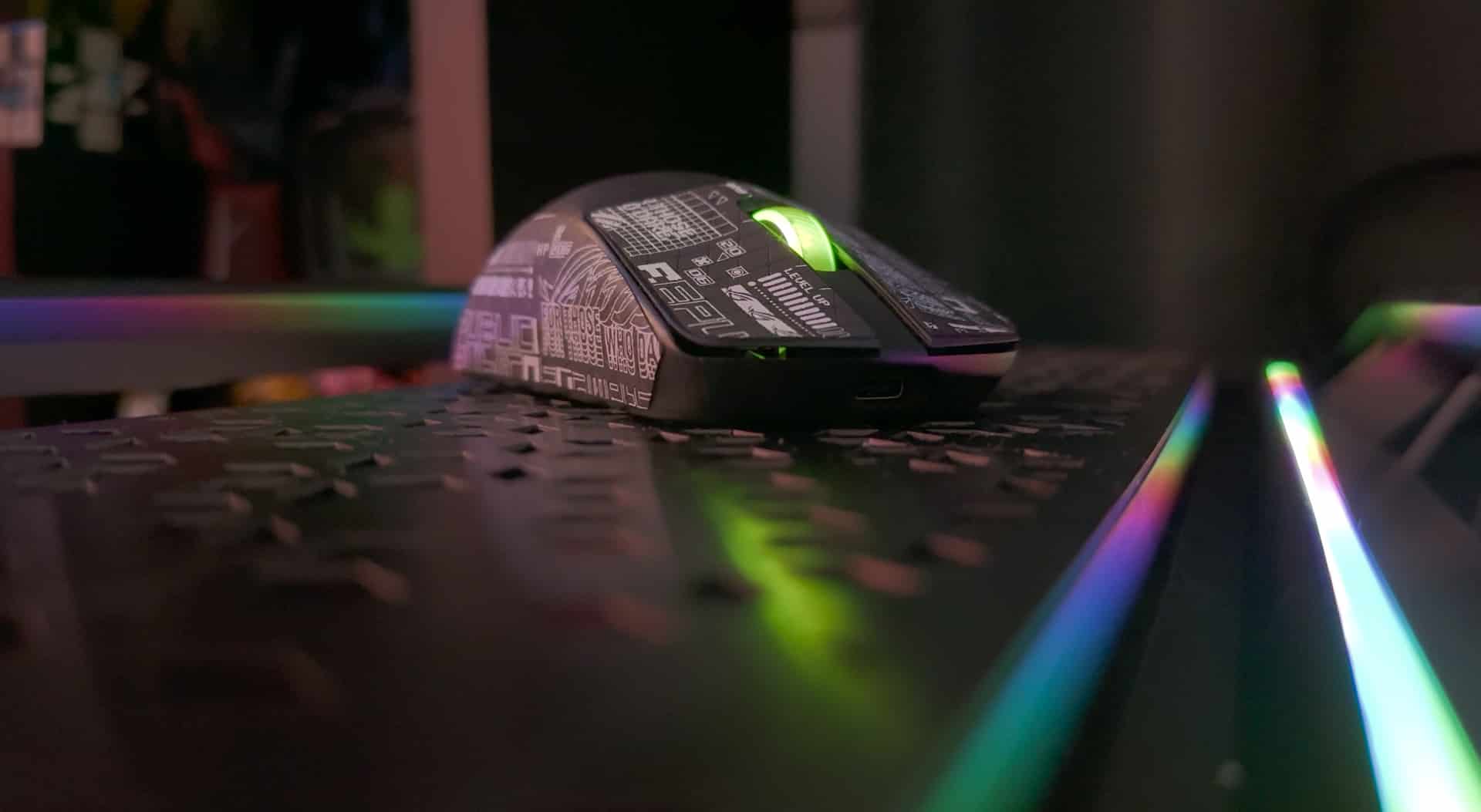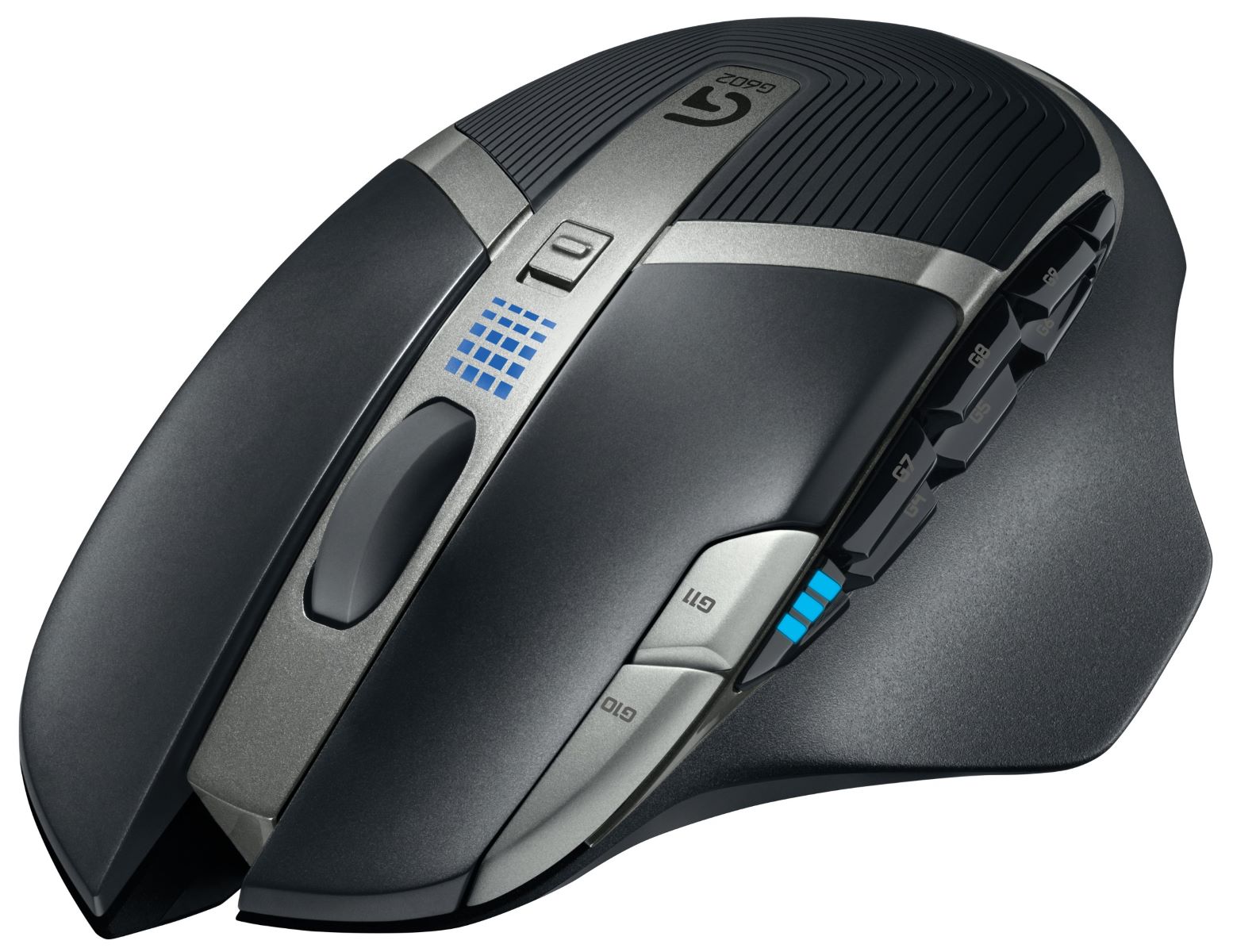Introduction
Are you tired of experiencing lag when using your gaming mouse? You're not alone. Many gamers encounter this frustrating issue, which can significantly impact their gaming experience. When every millisecond counts, lag caused by a gaming mouse can be the difference between victory and defeat. But fear not, as we delve into the reasons behind this lag and explore effective solutions to minimize its impact.
Gaming mice are designed to provide precision, accuracy, and speed, making them essential tools for competitive and casual gamers alike. However, despite their advanced features, some users may notice a delay or unresponsiveness when using these peripherals. Understanding the factors contributing to this lag is the first step toward addressing the issue and optimizing your gaming setup.
In this article, we will uncover the common culprits behind gaming mouse lag and provide practical tips to help you reduce or eliminate it. By gaining insight into the technical and environmental factors that can affect your gaming mouse's performance, you'll be better equipped to fine-tune your setup and enjoy a seamless gaming experience.
Whether you're a seasoned gamer seeking to gain a competitive edge or a casual player looking to enhance your enjoyment, overcoming gaming mouse lag is essential. Let's explore the underlying causes of this issue and discover effective strategies to minimize lag, allowing you to fully immerse yourself in the virtual worlds of your favorite games.
What Causes Lag When Using a Gaming Mouse?
Several factors can contribute to lag when using a gaming mouse, impacting the overall responsiveness and performance of the device. Understanding these potential causes is crucial for troubleshooting and resolving the issue effectively. Here are the primary reasons behind gaming mouse lag:
- Hardware Limitations: While gaming mice are designed to deliver exceptional responsiveness, the hardware components within the mouse, such as the sensor and microcontroller, can introduce latency. Lower-quality sensors or outdated microcontrollers may struggle to keep up with rapid movements, resulting in noticeable lag during gameplay.
- Wireless Interference: Wireless gaming mice offer freedom of movement, but they are susceptible to interference from other wireless devices operating on the same frequency. Signal disruptions can lead to input delays and erratic cursor behavior, impacting the overall gaming experience.
- Driver Issues: Outdated or incompatible mouse drivers can hinder performance and introduce input lag. Ensuring that you have the latest drivers installed for your gaming mouse is essential for optimal functionality and responsiveness.
- High Polling Rate: While a high polling rate is often desirable for gaming mice as it allows for more frequent communication between the mouse and the computer, excessively high polling rates can overwhelm the USB controller, leading to potential input delays and system resource consumption.
- Surface Compatibility: The type of surface on which the mouse is used can also impact its performance. Some gaming mice are designed for specific mouse pads or surfaces, and using them on incompatible surfaces may result in tracking issues and lag.
By recognizing these potential causes of gaming mouse lag, you can take targeted steps to address each factor and optimize your gaming setup for improved responsiveness and precision. In the next section, we will explore practical strategies to reduce lag when using a gaming mouse, empowering you to enjoy a smoother and more immersive gaming experience.
How to Reduce Lag When Using a Gaming Mouse
Fortunately, there are several effective measures you can take to minimize or eliminate lag when using a gaming mouse, allowing you to fully leverage its capabilities and enhance your gaming performance. By addressing the underlying causes of lag and optimizing your setup, you can enjoy a more responsive and seamless gaming experience. Here are some practical strategies to reduce gaming mouse lag:
- Optimize Polling Rate: Adjusting the polling rate of your gaming mouse to a level that is well-supported by your system can help mitigate input lag. Experiment with different polling rate settings to find the optimal balance between responsiveness and system resource utilization.
- Update Mouse Drivers: Ensure that you have the latest drivers installed for your gaming mouse. Visit the manufacturer’s website to download and install any available driver updates, as they may include performance enhancements and bug fixes that address input lag issues.
- Minimize Wireless Interference: If you’re using a wireless gaming mouse, minimize potential sources of interference by keeping other wireless devices away from your gaming setup. Additionally, consider using a mouse with advanced wireless technology that is less susceptible to signal disruptions.
- Use a Compatible Surface: Verify that your gaming mouse is being used on a surface that is compatible with its tracking technology. Some mice are optimized for specific mouse pads or surfaces, so using them on the recommended surface can improve tracking accuracy and reduce lag.
- Upgrade Hardware: If your gaming mouse is exhibiting persistent lag despite troubleshooting efforts, consider upgrading to a model with advanced sensor technology and optimized firmware. Investing in a high-performance gaming mouse can significantly enhance responsiveness and precision.
By implementing these strategies, you can proactively address the factors contributing to gaming mouse lag and create an optimized gaming environment. Taking a systematic approach to reducing lag will allow you to fully harness the capabilities of your gaming mouse and elevate your gaming experience to new heights. Now equipped with practical solutions, you can confidently overcome lag-related challenges and immerse yourself in the immersive worlds of your favorite games.
Conclusion
As gaming enthusiasts, we strive for precision, speed, and seamless responsiveness when using our gaming mice. However, the presence of lag can hinder our ability to fully immerse ourselves in the gaming experience. By understanding the common causes of gaming mouse lag and implementing practical solutions, we can effectively minimize its impact and optimize our gaming setups for peak performance.
From hardware limitations and wireless interference to driver issues and surface compatibility, the factors contributing to gaming mouse lag are varied and multifaceted. By acknowledging these potential challenges and taking proactive steps to address them, we can create an environment that fosters enhanced responsiveness and precision, allowing us to fully unleash the capabilities of our gaming mice.
Whether it’s optimizing the polling rate, updating mouse drivers, minimizing wireless interference, using a compatible surface, or considering a hardware upgrade, there are numerous avenues to explore when seeking to reduce gaming mouse lag. By embracing these strategies, we empower ourselves to overcome the obstacles posed by lag and elevate our gaming experiences to new heights.
As we continue to push the boundaries of gaming performance and seek every advantage in competitive play, the quest to minimize gaming mouse lag remains a crucial endeavor. Armed with knowledge and practical solutions, we can navigate the complexities of gaming mouse performance and create an environment that maximizes responsiveness, precision, and enjoyment.
By implementing the insights and strategies outlined in this article, you are poised to conquer gaming mouse lag and unlock the full potential of your gaming setup. With a proactive approach and a commitment to optimizing performance, you can embrace a gaming experience that is free from the constraints of lag, allowing you to focus on what truly matters – the thrill of the game.









